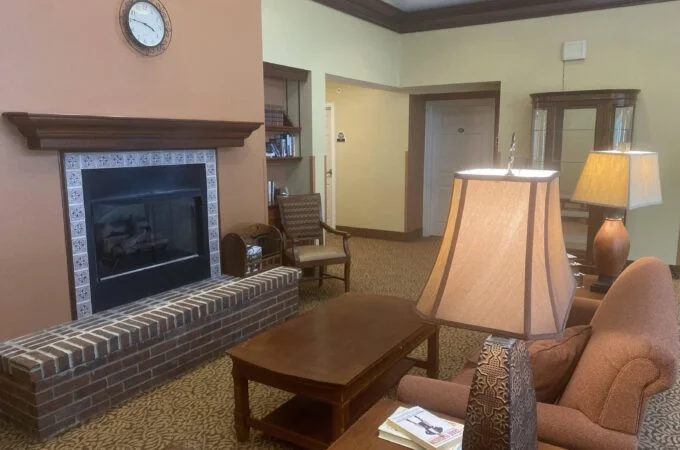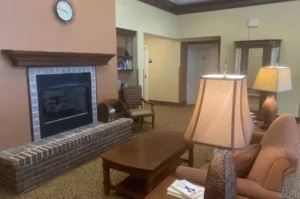Home improvement projects increase the value of your home, as well as the comfort of it. This article will provide you with the great advice that can transform your okay house into a great one!
Improving your home’s energy efficiency is a type of home improvement that could deliver significant returns in both the short and long term. Possible improvements to consider are: installing solar panels on your roof, cavity wall insulation, loft insulation and replacing any single-glazed windows with double-glazed or even triple-glazed windows.
When remodeling your kitchen, decide whether you really need enclosed cabinetry. Cabinets are often one of the most expensive pieces of kitchen remodeling, and you can save money by choosing open shelving instead. Shelves give you instant access to your cooking utensils, serving dishes, and ingredients. It’s a great idea for casual kitchens that get a lot of use.
When it comes to home improvement,it is not uncommon to ask for a contractor to provide references from their previous jobs. This is important to ensure that their prior customers received the satisfaction that you desire. It is not abnormal to ask for this, and if the contractor acts otherwise it is most likely because they have something to hide.
When you are deciding what it is you want to remodel ask for opinions. You want to make sure you are giving off the right vibes when you are choosing how to remodel your home. Ask for advice from neighbors or close friends and family. Sometimes other people’s advice can help you in the decision making process when remodeling your home.
If you’re unsure of how to fix something in your home, hire a professional instead. Many people start in on home improvement projects thinking that they can do it easily, but that is not the case with many projects. It is easier and more cost effective to let a professional handle it instead of messing up and throwing your materials out.
After reading this, you should now feel capable enough to get started. If you use this advice in your home you will be living in a place you have always dreamed about.
You can also visit our other websites and post your article.
Emac S Boston, Smart Comms, Our Business On The Beach, Racing-Rewards, Smile A Day, Start Avon, Emerging Entrepreneur, The Kingdom Painting, Success In Kind, Hope Mongers, Get Ready For Cash, DPMN Design, Memories To Memoirs, Umd Energy, Sai Equipment, Annapolis Home Improvement Company, Ehavana Shira, Key To The Keyboard, Mc Millens Frame Shop, North Werks, Oyo Glasses, Prevention Werks, The Loungers, Astronomy Ara, Gary Coe Home Sales, Faux Mage, Fishbone Kitchens D, Comfort Cor Mechanical, Thriving Vancouver, Cil-Hawaii, Jib Portal, Ny Messengers, Bruno MM Carvalho, Expatlens, Lake Land Towing, Plum Creek Home, Shms Online, Staged Homes VA, West Bury Golf, Marietta Land Scape Service

